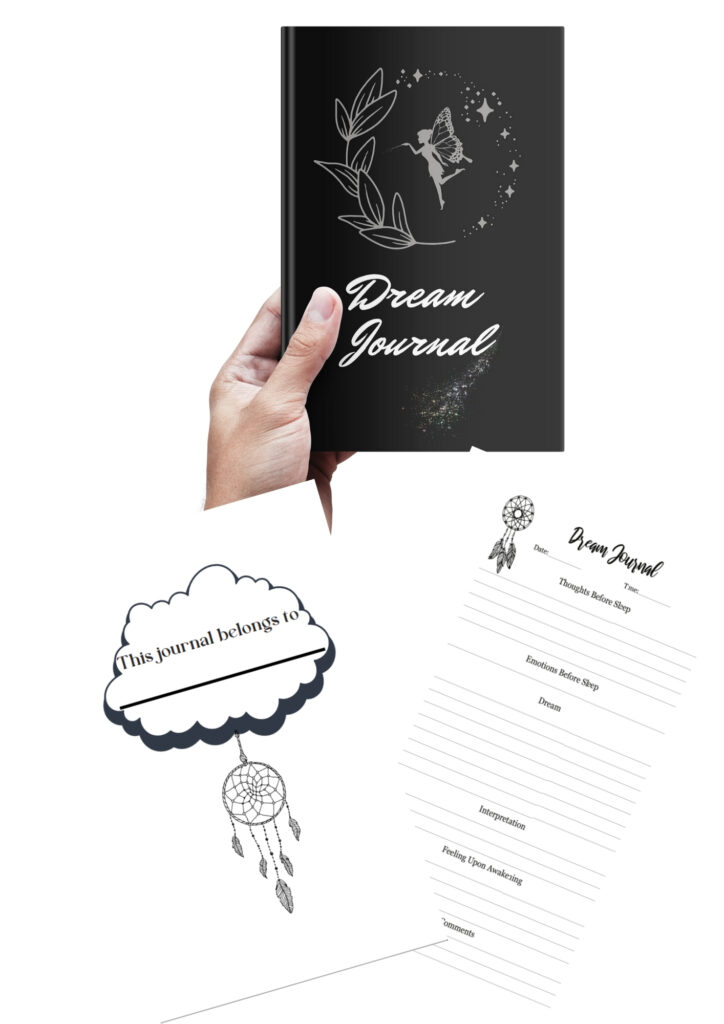
Essentially, when we dream, we are processing all the things that have happened to us that day or over a longer period of time in a symbolic and wholly personal way. It’s always beneficial to think back on our dreams because they act as a mirror of how we see the world. It may be doubly significant if you’re seeing a therapist.
Unfortunately, because dreams are sometimes lengthy and complex, we frequently forget them (though seconds to minutes short in real-time). Dream retention is influenced by our brain wave patterns, the time of the REM phase, the consistency of the dream’s logic, and other factors.
Journaling is a fantastic technique to keep your dream from fading into obscurity. It’s much more probable that you’ll remember more details if you keep your dream journal next to your bed and record your dreams as soon as you wake up. As you continue to record your dreams, you might find that your general dream memory improves.
If you’re unsure which form of diary to start with, keeping a dream journal can be a wonderful place to start.
BENEFITS OF DREAMJOURNALING
improved dream analysis and retention;
WHO’S IT BEST FOR?
those who may need to discuss their dreams during therapy sessions;
those who are interested in self-analysis and want to incorporate dream analysis into their introspective practice;
Note: Affiliate links may be used in this page. I may receive a small commission at no extra cost to you if you use my affiliate link. Full disclosure policy here.
Our dream journals to discover
All are in paperback.

Dream Journal: a Notebook, a Journal or a Log to with Prompts to Record, Track and Interpret Your Dream. This is an Ideal Gift for Men and Women or in … such as Birthday, Christmas and Surprise